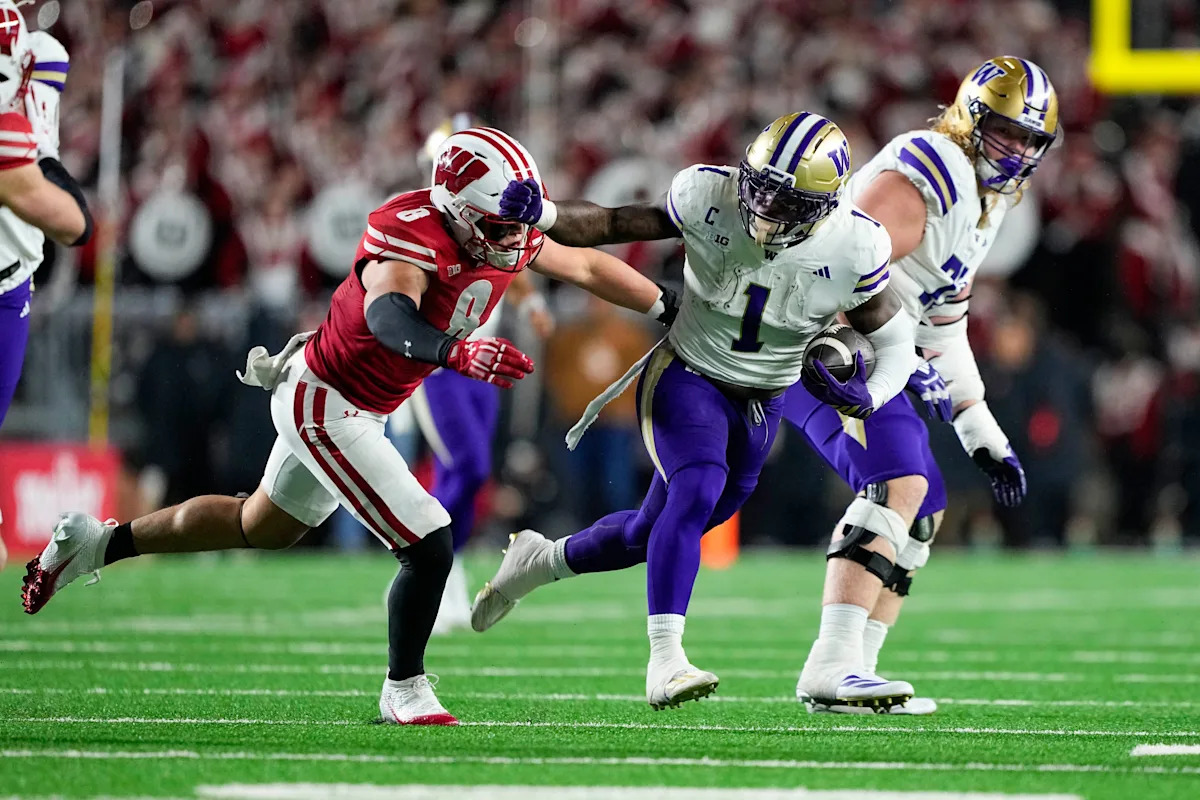By Martin Graham
Four-time world champions Italy, long considered one of international football’s giants, again stand on the verge of missing the sport’s biggest competition. Their heavy 4-1 loss to Norway ensured they finished behind the Scandinavian side, leaving them outside the automatic places for the 2026 edition hosted by Canada, Mexico, and the United States.
Italy now faces the same route that has brought painful memories in recent years. They fell to Sweden over two matches ahead of the 2018 finals, then endured a stunning home defeat to North Macedonia in the run-up to Qatar 2022. Journalist James Horncastle noted that the first failure was labelled “apocalyptic” and said the current situation only deepens that sense of crisis.
Coach Gennaro Gattuso argued that FIFA’s system disadvantages European sides, highlighting how other regions have more direct qualification slots. He suggested the current structure creates obstacles that did not exist during his playing days. In his view, the continent needs a revised approach for the expanded tournament.
The shift from past eras only adds to the frustration. Italy has been absent from the World Cup since 2014, when they exited at the group stage, and their recent struggles have increased pressure throughout the federation.
Turbulent beginnings and managerial upheaval
The qualifying journey began disastrously. A meek 3-0 defeat to Norway set the tone, with Erling Haaland among the scorers. In a surprising twist, boss Luciano Spalletti publicly announced his departure soon after, although he still oversaw a victory in the following game against Moldova.
With Norway perfect in their first seven matches and scoring freely, Italy spent the campaign in pursuit. The federation turned to Gattuso, a former midfielder known for his intensity and past triumphs with AC Milan and the national team.
Gattuso’s coaching path has been mixed. After early success, including a cup triumph with Napoli, short spells at Fiorentina, Valencia, and Marseille ended quickly. His most recent role in Croatia raised doubts among supporters who questioned whether he was the right figure to steer a troubled squad.
Mina Rzouki, an Italian football specialist, remarked that the appointment symbolized the nation’s decline compared to past eras filled with legendary names. Despite their European Championship win in 2021, she argued that Italy’s overall trajectory had dipped and that the coaching choices reflected this.
Horncastle echoed these doubts, suggesting the pressure from the media means players have been forced into a must-win mindset for every match. Spalletti, considered a sophisticated tactician, was unable to change their course, leaving Gattuso to deal with an already fragile environment.
Goals return but key flaws remain
Gattuso’s arrival did bring a surge in scoring. His team netted 18 times in his first five outings, producing big wins over Estonia and an unpredictable 5-4 thriller against Israel. Additional victories against Estonia and Israel followed, while the recent success over Moldova kept faint automatic hopes alive until the final round.
Rzouki acknowledged that the spirit in the camp has improved. She suggested that Gattuso’s emotional approach has lifted the players, who appear committed to him and eager to impress. Under previous leadership, that spark had been inconsistent.
Should Italy finish second in their group, they must survive two single-match play-offs—another high-pressure scenario reminiscent of past disappointments. With World Cup titles in 1934, 1938, 1982, and 2006, the stakes remain enormous for a nation accustomed to competing at the highest level.
Yet concerns linger. Despite their scoring spree, Italy’s structure often looks insecure. Against Israel and Estonia, the team appeared unsettled despite facing less powerful opponents. Their rivals created opportunities, switched play effectively, and exposed Italy’s lack of organization.
Rzouki warned that although the frontline is lively, the overall setup remains unbalanced. The team sometimes relies on chaotic exchanges, leaving space behind and struggling to control matches. She compared the situation to a side capable of outscoring opponents without delivering the refined execution seen in Europe’s top nations.























